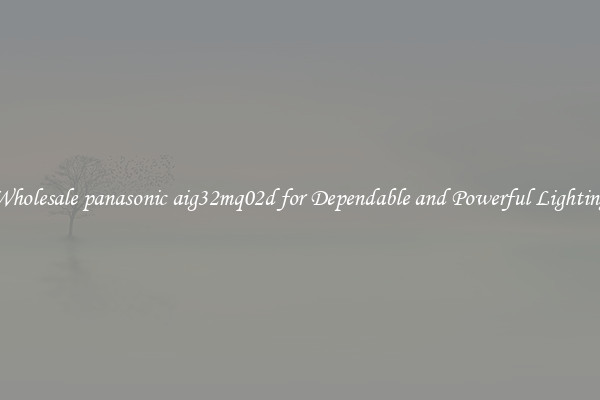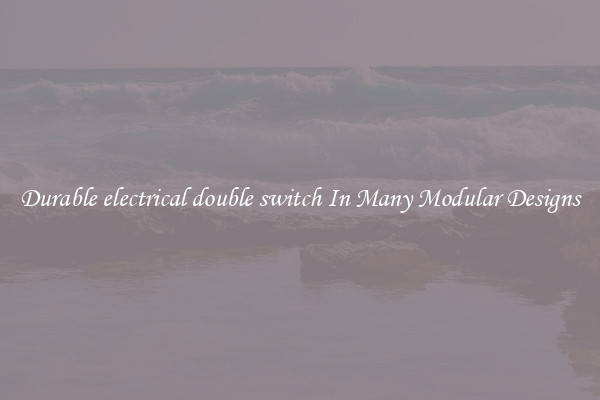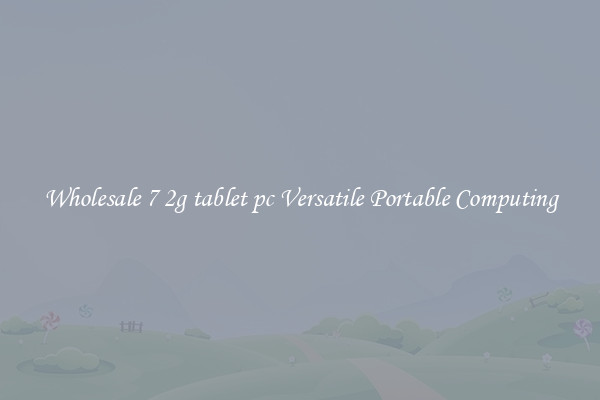Durable information technology and computing In Many Modular Designs
In today's fast-paced world, technology is constantly evolving and changing. As a result, businesses and individuals alike are always looking for durable and reliable information technology and computing solutions that can keep up with their ever-growing needs. One emerging trend in the tech industry is the rise of modular designs, which offer a flexible and scalable approach to IT infrastructure.

Modular designs in information technology and computing refer to systems that are composed of separate components or modules that can be easily added, removed, or replaced as needed. This allows for a high degree of customization and adaptability, making it easier to scale up or down depending on the specific requirements of a business or individual.
One of the key advantages of modular designs is their durability. By using separate components that can be individually replaced, modular systems are less likely to experience catastrophic failures that can bring down an entire network. This means that businesses can enjoy increased uptime and reliability, leading to improved productivity and reduced downtime.
Another benefit of modular designs is their scalability. As businesses grow and their IT needs change, modular systems can easily be expanded by adding more components or modules. This flexibility allows businesses to adapt to changing circumstances without having to completely overhaul their IT infrastructure, saving time and money in the long run.
Additionally, modular designs offer increased efficiency. By using standardized components that can be easily replaced or upgraded, businesses can reduce maintenance costs and improve system performance. This can lead to lower operating costs and improved overall IT performance.
In conclusion, durable information technology and computing in many modular designs offer a flexible, scalable, and reliable solution for businesses and individuals looking to stay ahead in today's fast-paced digital world. By leveraging the benefits of modular designs, businesses can enjoy increased durability, scalability, and efficiency, ultimately leading to improved productivity and reduced costs. As technology continues to evolve, modular designs will likely play an increasingly important role in shaping the future of IT infrastructure.

View details

View details

View details

View details








